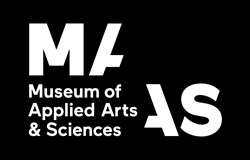When: Tuesday 13th November, 9:15am – 11:15am
Where: Theatrette, Level 2 behind the registration/foyer area
Hashtag: #T3
Those who work in science research and communication understand that the scientific process is rarely linear: the road from hypothesis to discovery often involves setbacks, false leads, and diversions along the way; and new knowledge more often comes in the form of incremental progress than in major breakthroughs. We also understand the value of ‘blue skies’ research, and that the applications of this research may sometimes be indirect, or not emerge until decades later.
These are difficult concepts to convey, however, and while science outreach events like the Sydney Science Festival have helped to increase the public’s engagement with science (SSF reports 2016, 2017), recent research has also shown that these events may be reinforcing common misconceptions about scientific process, misleading the public’s perception of science as absolute and certain, instead of the tentative and evolving endeavour that it actually is (Kingsley et al., 2017). Media reporting too tends to over-simplify the process for the sake of headlines and storytelling (see e.g. Sumner et al. 2014), both of which suggest that additional approaches to science communication are required if we wish to convey these ideas.
The MAAS collection contains an estimated 500,000 objects, including a strong representation of science, technology and engineering artefacts, many of them related to Australian inventions and research (see MAAS Online Collection & MAAS Collection Development Plan, 2015). These objects provide a physical manifestation, in the form of familiar, everyday objects, of the long-term benefits of pure research in all of our lives, and demonstrate how research in fields as obscure as astronomy and quantum physics has practical implications in areas ranging from medicine to modern technology. In this talk I will present a set of scientific objects, drawn from the MAAS collection, which can help communicate these ideas, and the potential for developing this set into an online resource or a full exhibition.
Session
Case studies: Cultural Institutions and Festivals
Presenter
Sarah Reeves, Assistant Curator, Museum of Applied Arts and Sciences
